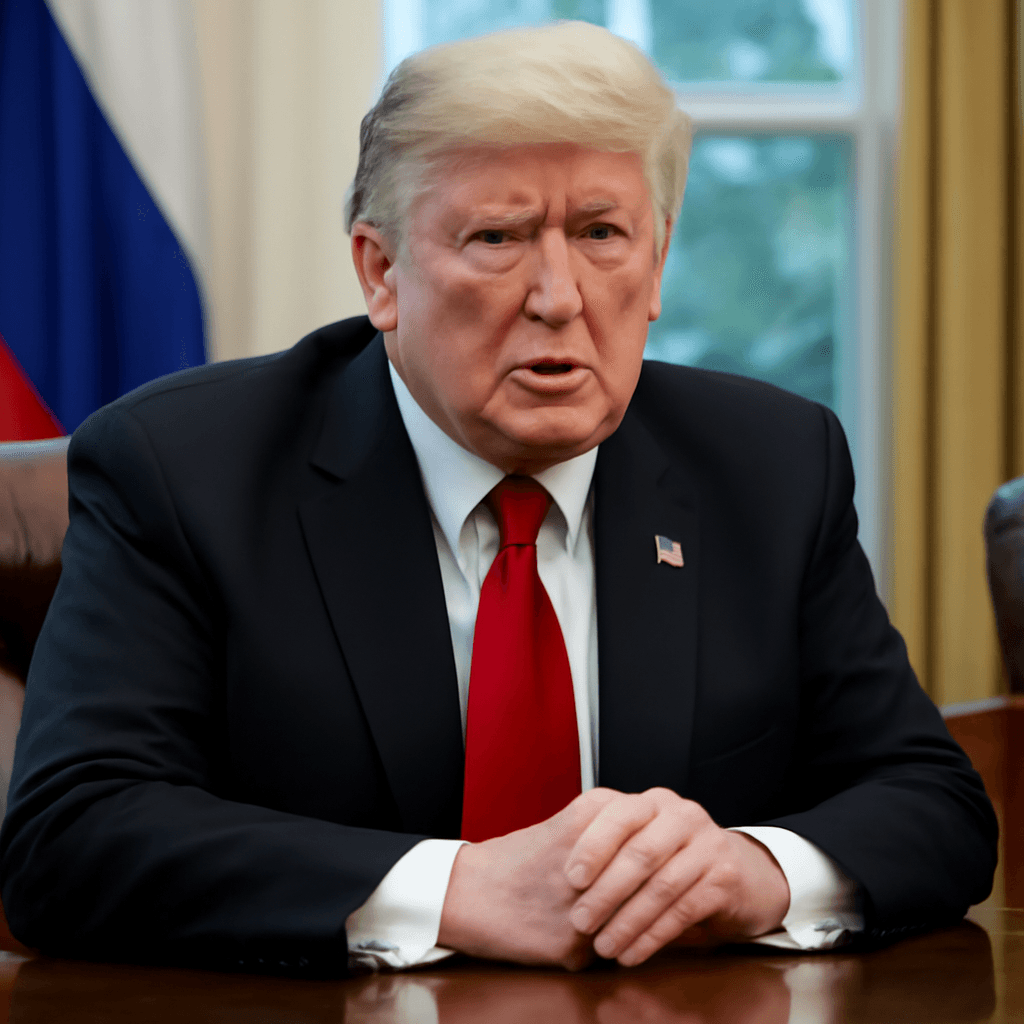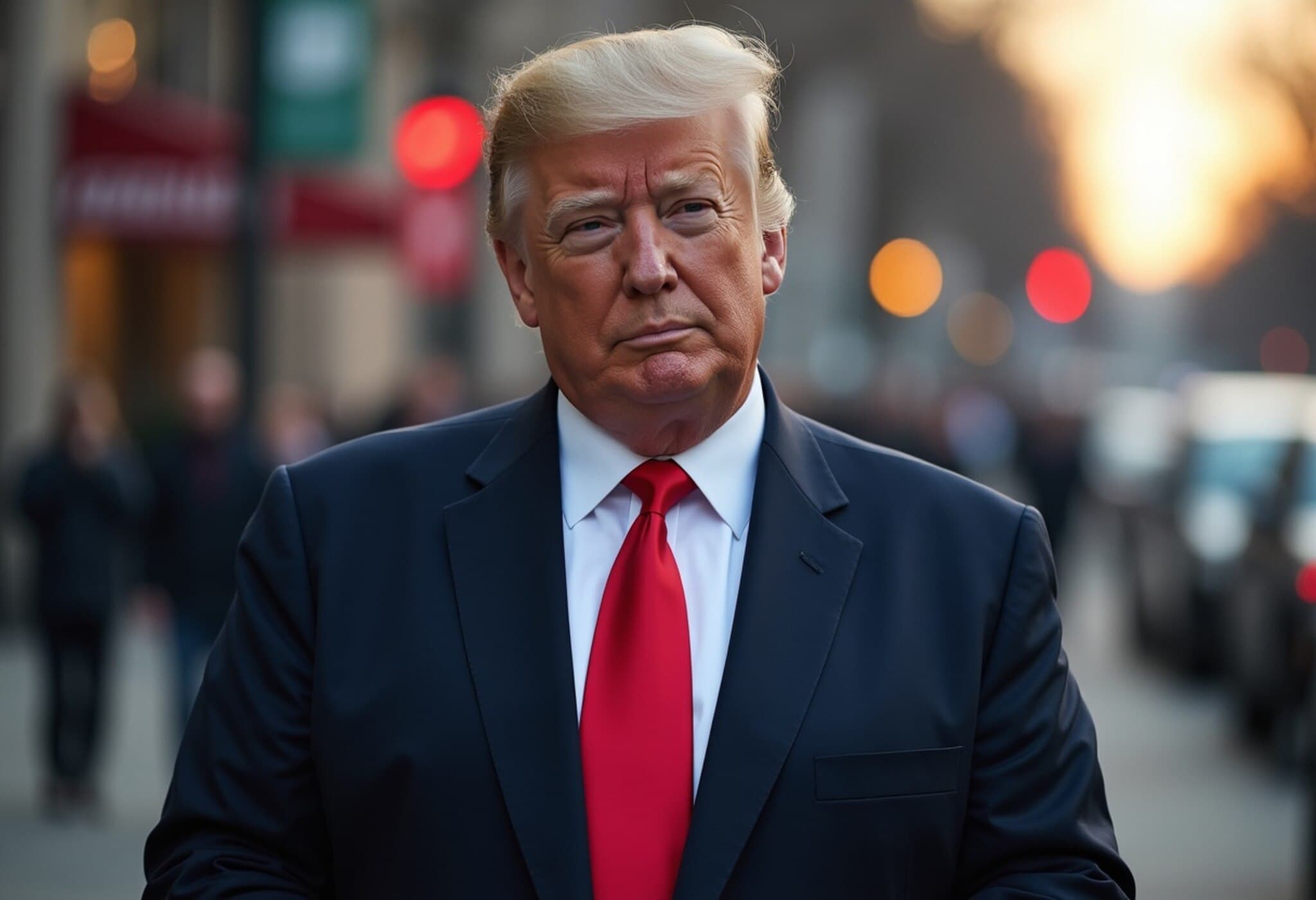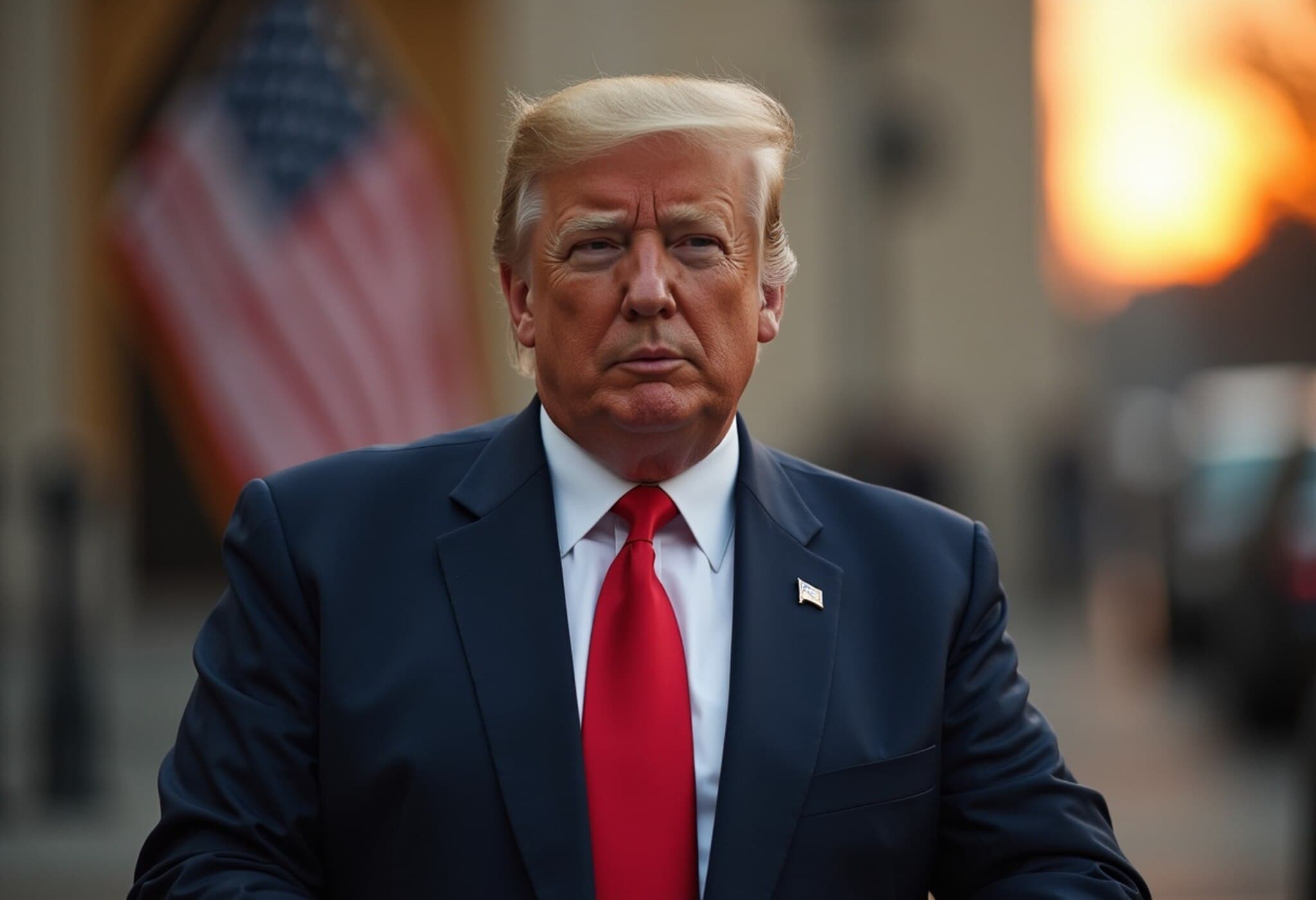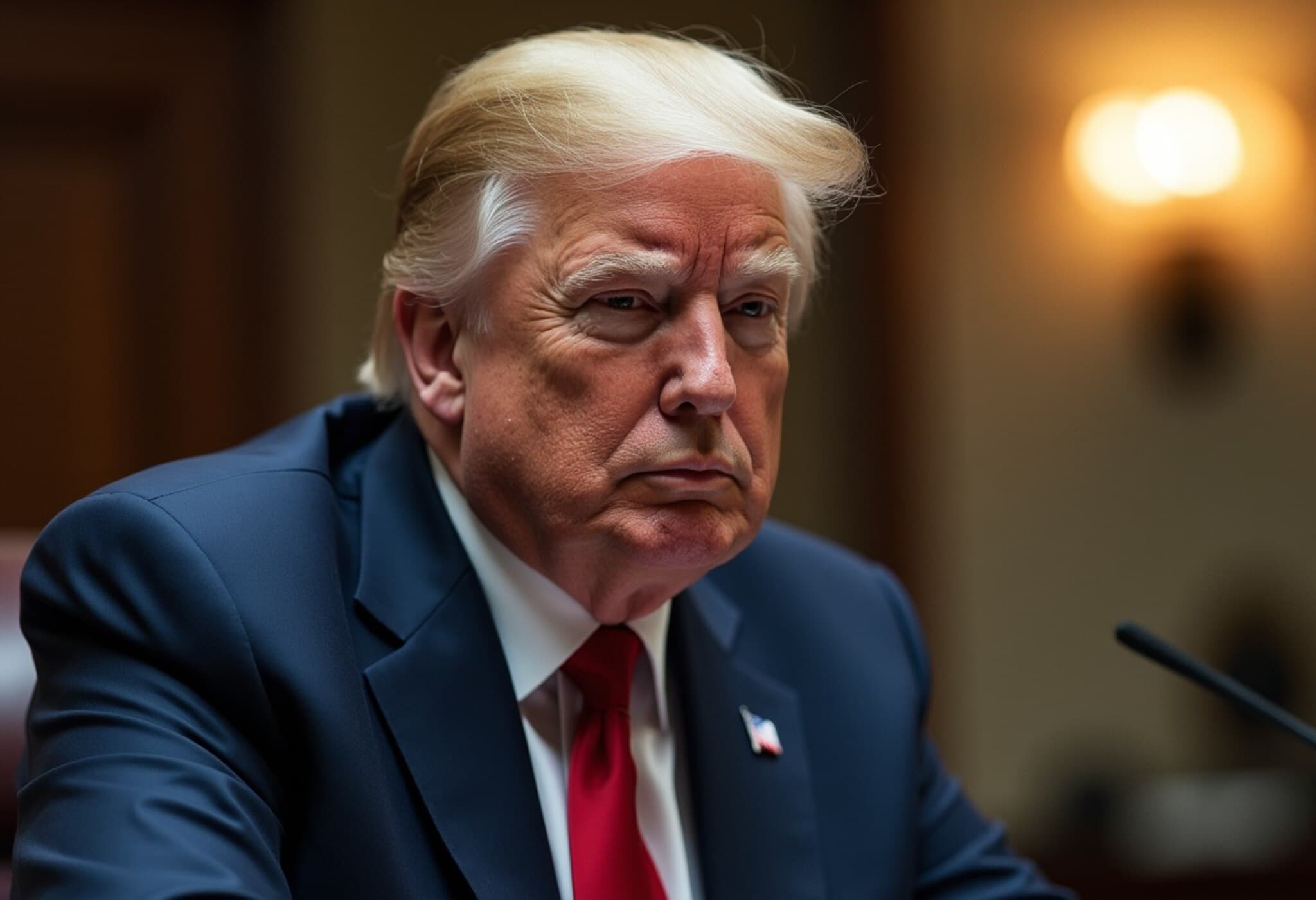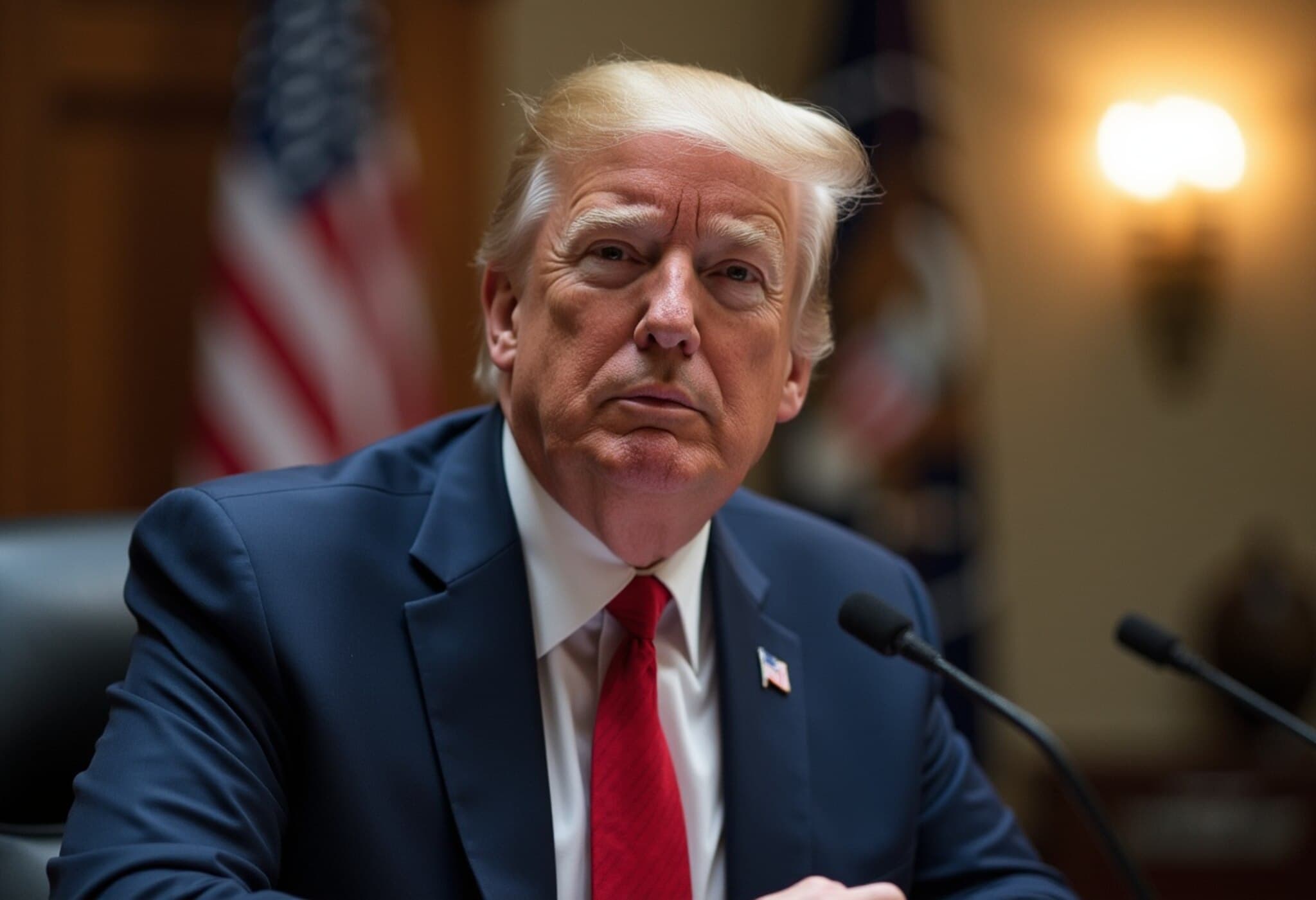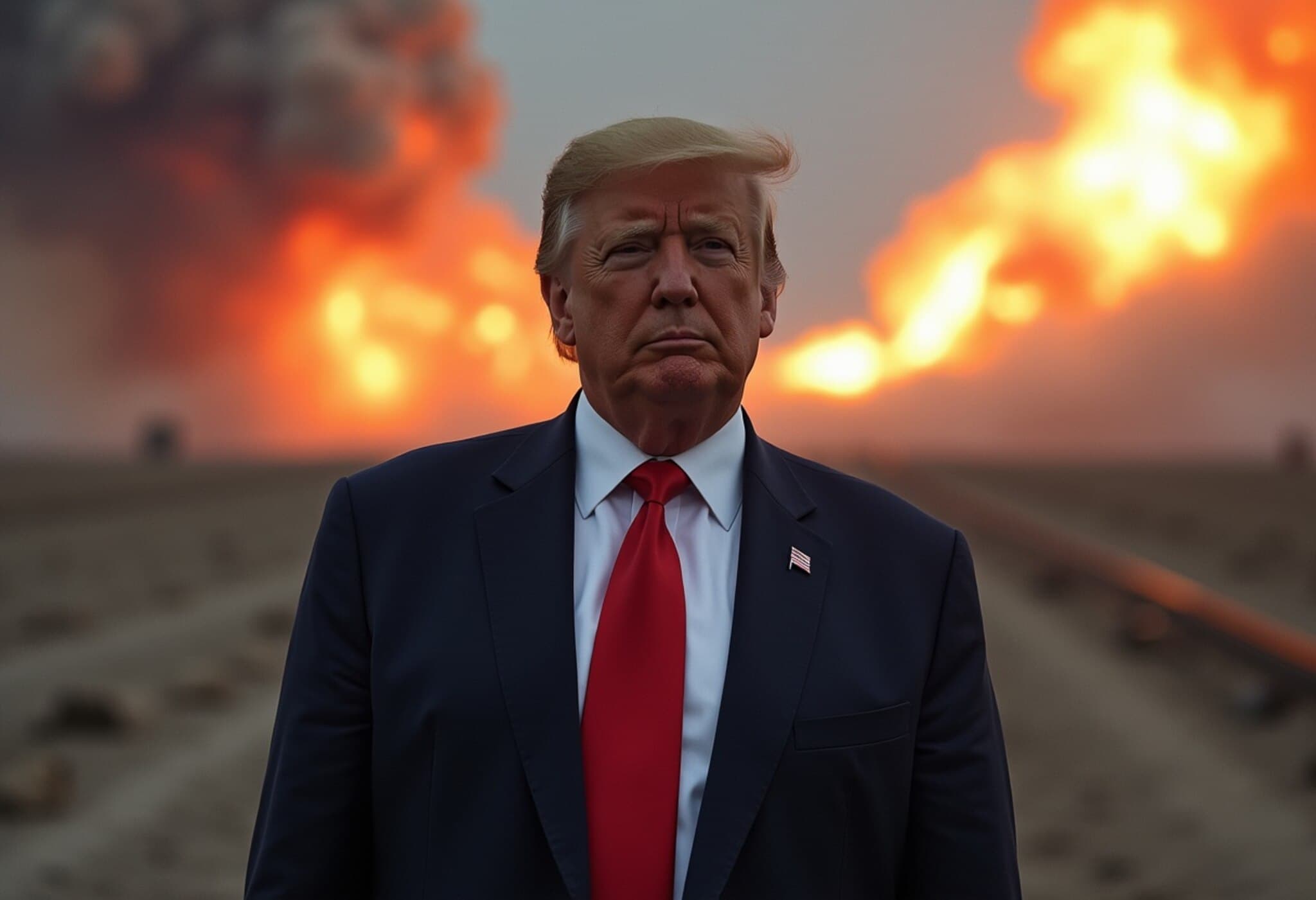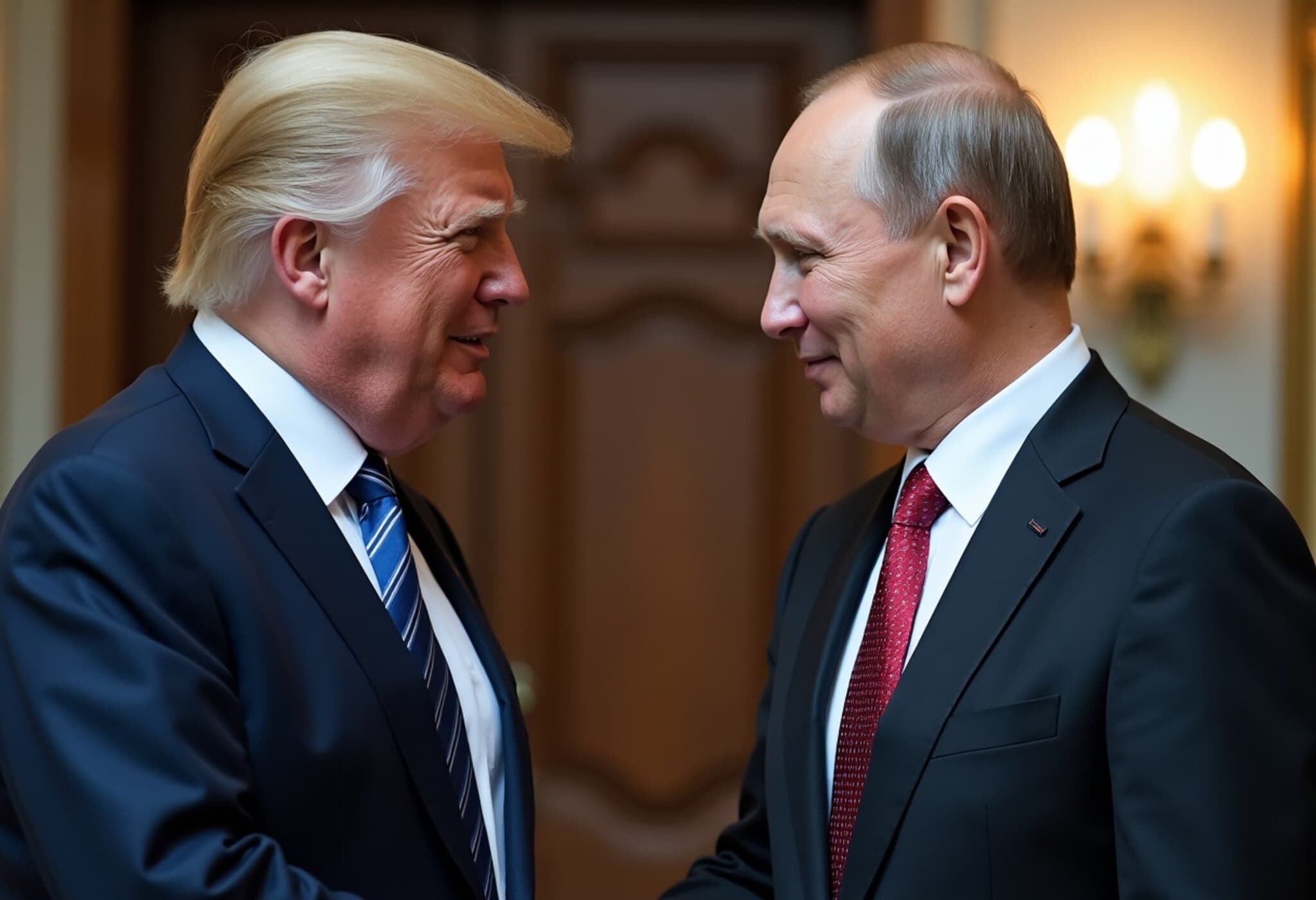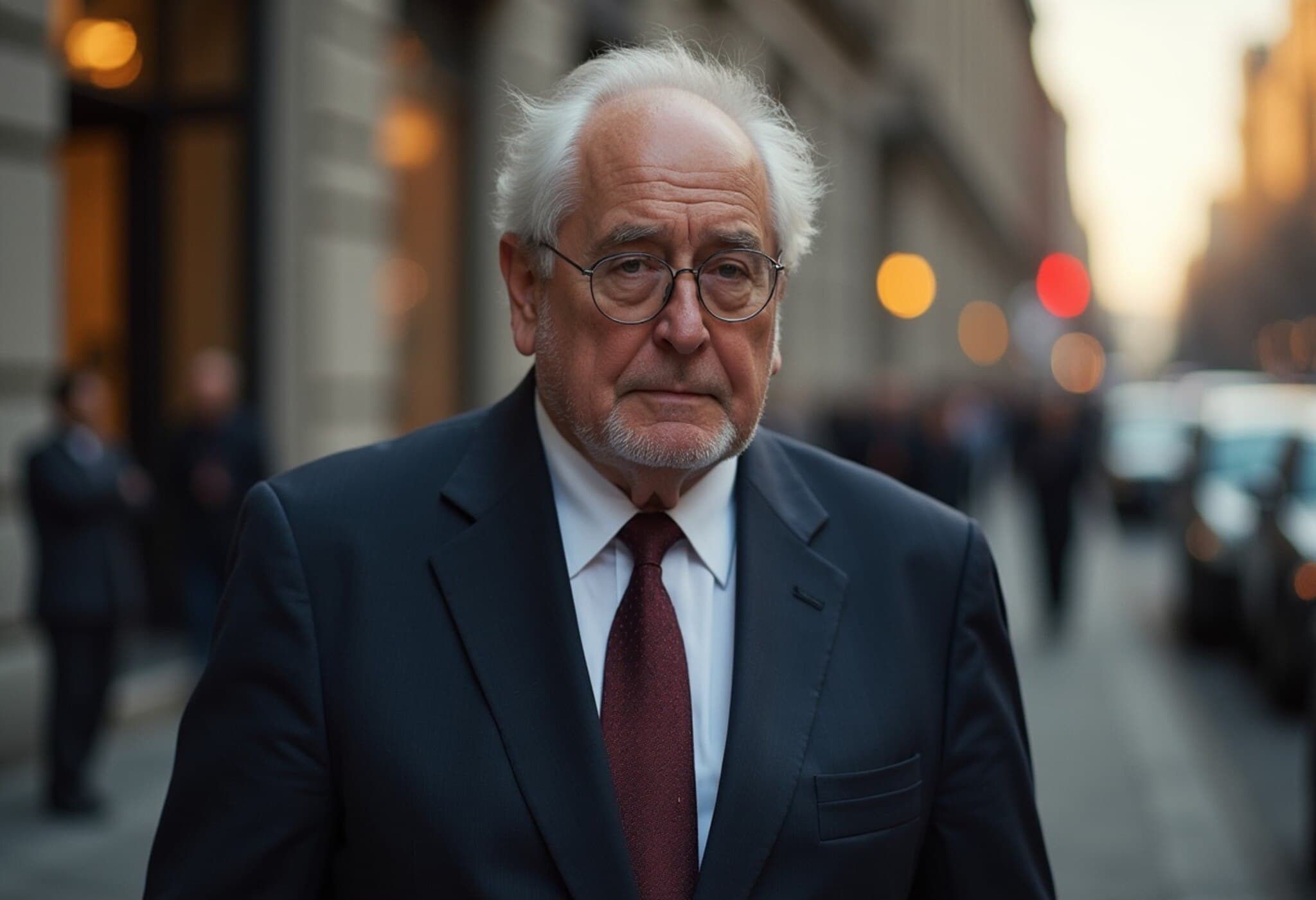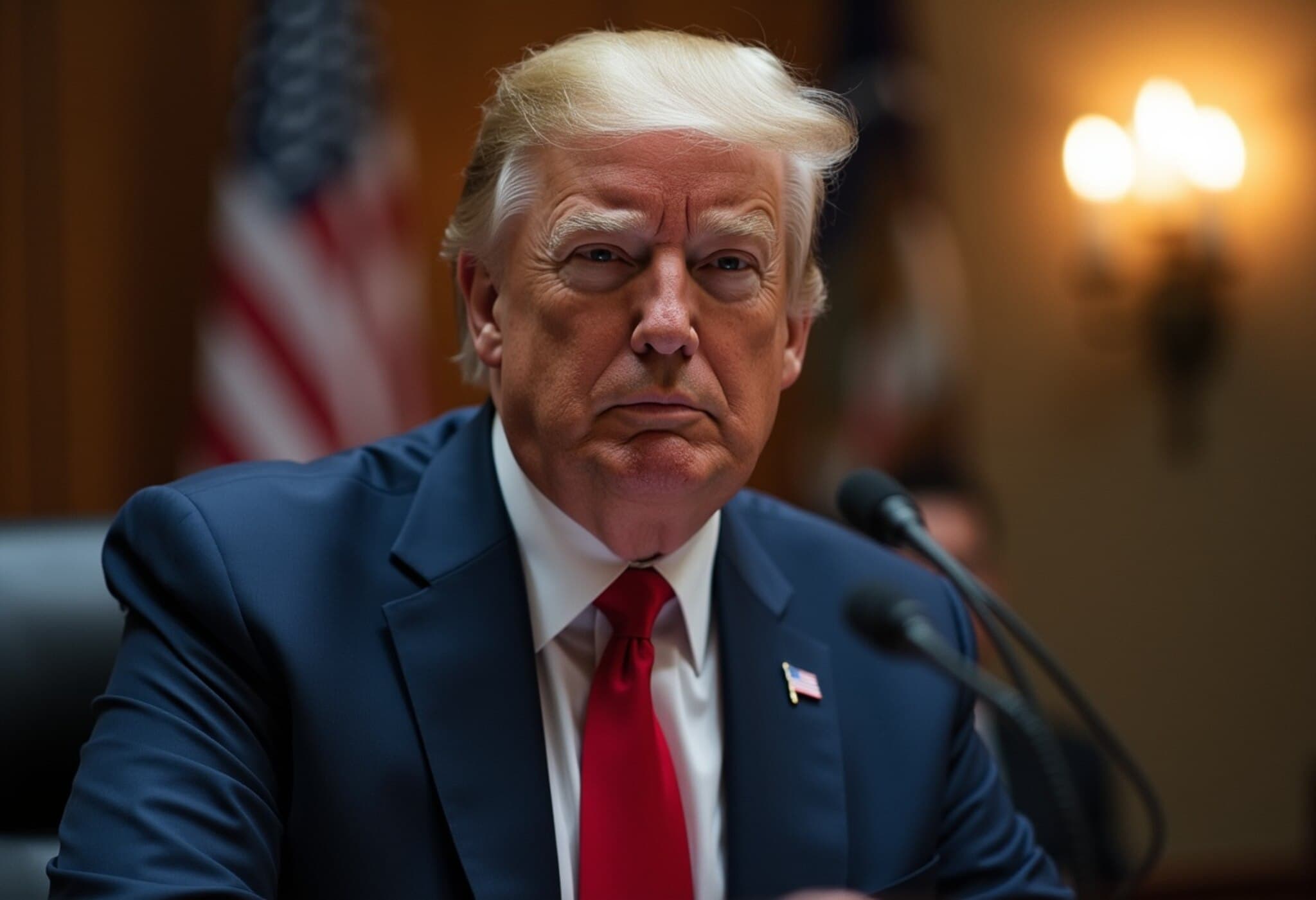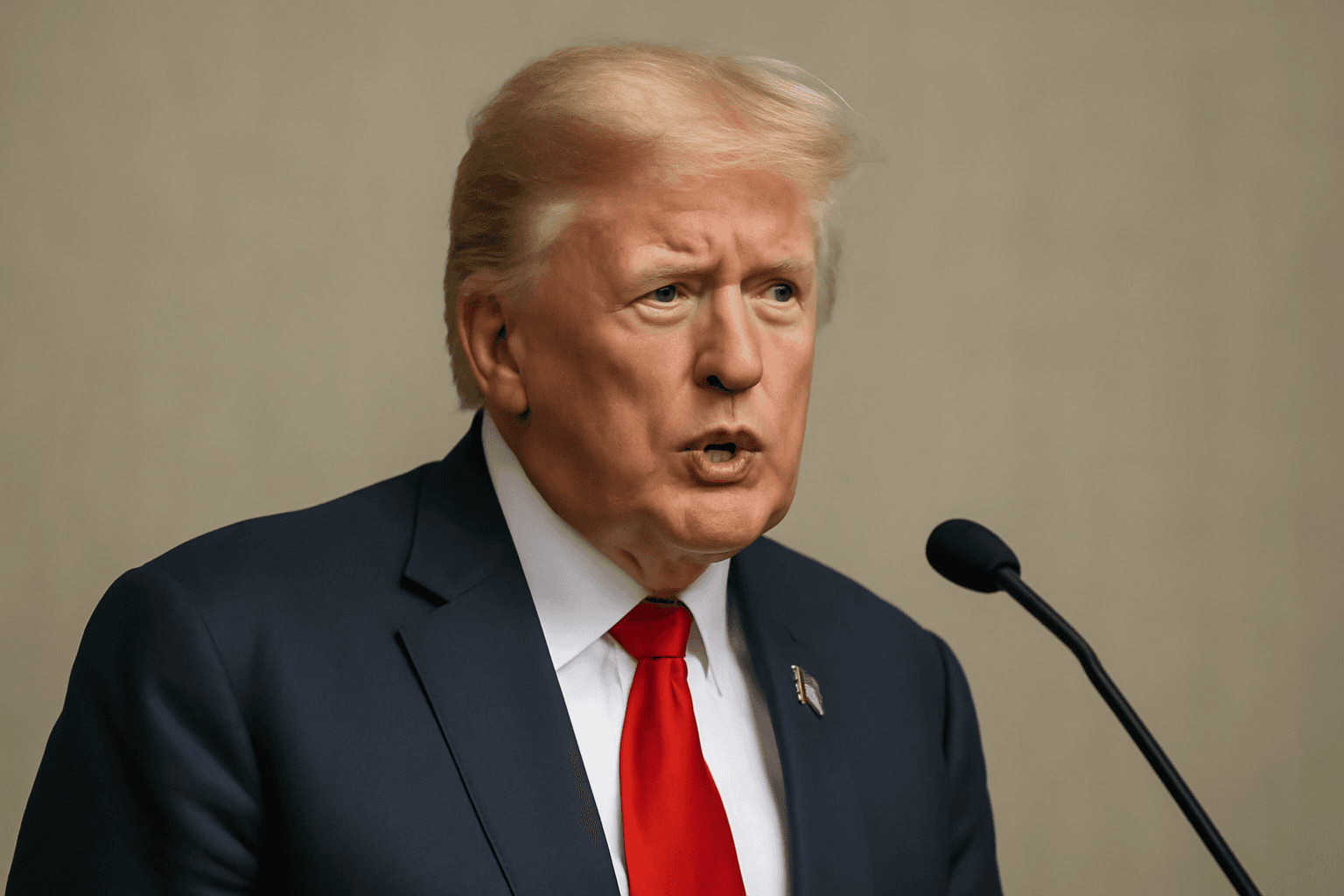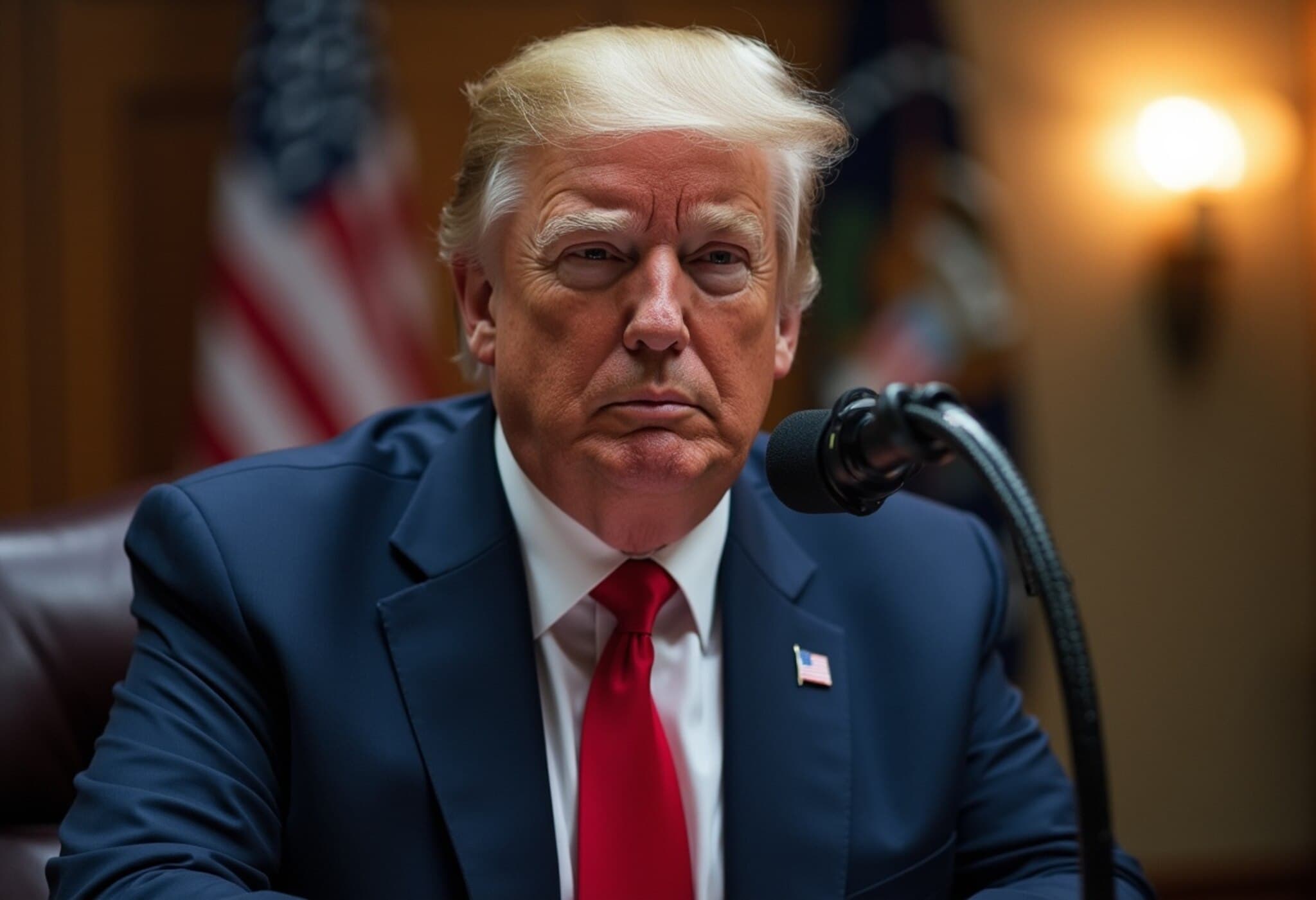Justice Department Debunks Epstein Conspiracy Theories
In a firm statement that challenges years of speculation, the US Department of Justice (DOJ) declared there is no credible evidence that financier Jeffrey Epstein was murdered or that he maintained a so-called “client list” of influential individuals linked to his criminal activities. This revelation was detailed in an official memo released publicly on July 7, 2025, and reported by major news outlets including CNN.
Closing the Chapter on Epstein’s Death
Jeffrey Epstein died in a New York jail cell in August 2019 while awaiting trial on grave charges of sex trafficking involving minors. His death—ruled a suicide—spawned widespread controversy and a sprawling array of conspiracy theories suggesting foul play and a hidden network of powerful elites involved in his crimes.
However, the DOJ's systematic review, spanning multiple agencies including the FBI, found no evidence to support these narratives. Notably, over 10 hours of security footage from Epstein’s cell were reviewed and showed no intrusions or suspicious activity at the time of his death.
Dispelling the Myth of a ‘Client List’ and Blackmail
The contentious idea that Epstein maintained a “client list” to leverage or blackmail high-profile figures has been a persistent element in public discourse around the case. The unsigned DOJ memo stated unequivocally that no incriminating client list was discovered, nor any credible evidence of blackmail associated with his illicit enterprises.
This conclusion marks a notable shift from earlier hints by political figures such as former President Donald Trump and then-Florida Attorney General Pam Bondi, who indicated ongoing investigations into such documents might unveil more details. Bondi's previous public statements suggested that files referenced under a “client list” might be released, fueling hope among the public and victims alike. Yet, after extensive review, the DOJ has closed this avenue.
Protection of Victim Privacy and Sensitive Data
The DOJ also highlighted a critical reason for withholding further documents: the protection of victims' identities and privacy. The case files include highly sensitive information—names, photographs, and personal details of over one thousand victims harmed by Epstein’s actions. The memo underscored that releasing such material indiscriminately could cause significant additional trauma.
“Combating child exploitation and delivering justice to victims remains our highest priority,” the memo emphasized. It cautioned that perpetuating unsubstantiated conspiracy theories does not aid these goals and may instead hinder ongoing law enforcement and support efforts.
Community Reaction and Unanswered Questions
Despite the DOJ’s firm stance, the announcement has sparked mixed reactions across the public and digital spheres. High-profile individuals, including entrepreneur Elon Musk, expressed frustration over the lack of new arrests related to Epstein’s network, signaling lingering distrust in official narratives.
Some commentators have called into question earlier statements from authorities like Pam Bondi, suggesting inconsistencies in the investigation and information release strategies. Questions persist about the depth of accountability for figures tangentially connected, though Ghislaine Maxwell—Epstein’s close associate—remains imprisoned following her conviction for sex trafficking crimes.
Expert Insight: The Broader Implications
This announcement provides a vital reminder of the challenges justice systems face when handling high-profile, complex criminal cases intertwined with political and social elites. While it closes certain chapters, it also shines a light on systemic issues:
- Victim Support and Privacy: Balancing transparency with the protection of vulnerable victims remains a sensitive and essential task.
- Public Trust and Information Management: Authorities must manage communications carefully to maintain credibility without fueling misinformation.
- Addressing Exploitation Beyond Epstein: The case serves as a catalyst for broader efforts to combat human trafficking and exploitation worldwide.
For legal analysts, the DOJ's approach highlights the tightrope walk between satisfying public demand for transparency and safeguarding the integrity of ongoing law enforcement work.
Looking Ahead: The Quest for Justice Continues
While the Epstein saga may be drawing to a close in terms of new revelations from federal investigations, its ripple effects persist across legal, political, and social conversations. The case continues to spur debate on how society confronts abuse of power, the role of accountability for elite networks, and the importance of victim-centric justice.
Editor's Note
As this complex story unfolds, readers are encouraged to critically assess information and remain vigilant about separating facts from speculation. The DOJ’s latest disclosure closes many theories around Epstein’s death and network but also invites reflection on how institutions manage high-stakes cases under intense public scrutiny. Moving forward, the focus must remain on supporting survivors and reinforcing systemic protections against exploitation.


